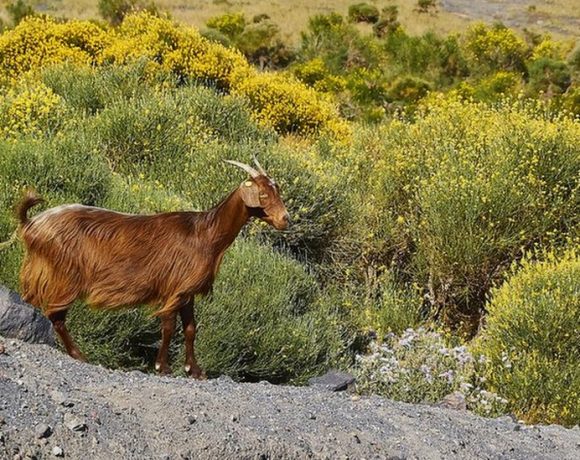
The mayor of a remote Italian island, overwhelmed by an excess of wild goats, is proposing to give them away. Riccardo Gullo conceived the idea after a census revealed that the goat population outnumbered the island’s human inhabitants by sixfold, with only 100 residents.
These goats, adept at navigating the island’s steep terrain in Alicudi, part of the Aeolian archipelago off Sicily, have become a nuisance by causing damage to gardens and allotments as they expand into residential areas.
To address the issue, the mayor is accepting applications for individuals interested in “adopting” a goat, with a deadline set for April 10th. Originally inhabitants of Alicudi’s rugged mountains and cliffs, the goats have progressively encroached upon inhabited regions, causing havoc by destroying vegetation, knocking down walls, and even entering homes.
Dubbed as browsers due to their feeding habits, which involve consuming leaves and fruits at head-height, these goats can wreak havoc on vegetation if left unchecked. Mr. Gullo mentioned receiving inquiries from interested parties, including a farmer from Vulcano Island, another member of the Aeolian archipelago, who is keen to acquire several goats for cheese production, notably Ricotta cheese.
Vulcano, like Alicudi, is one of the seven islands constituting the Aeolian archipelago, designated as a UNESCO World Heritage site.
Picture Couretsy: Google/images are subject to copyright

